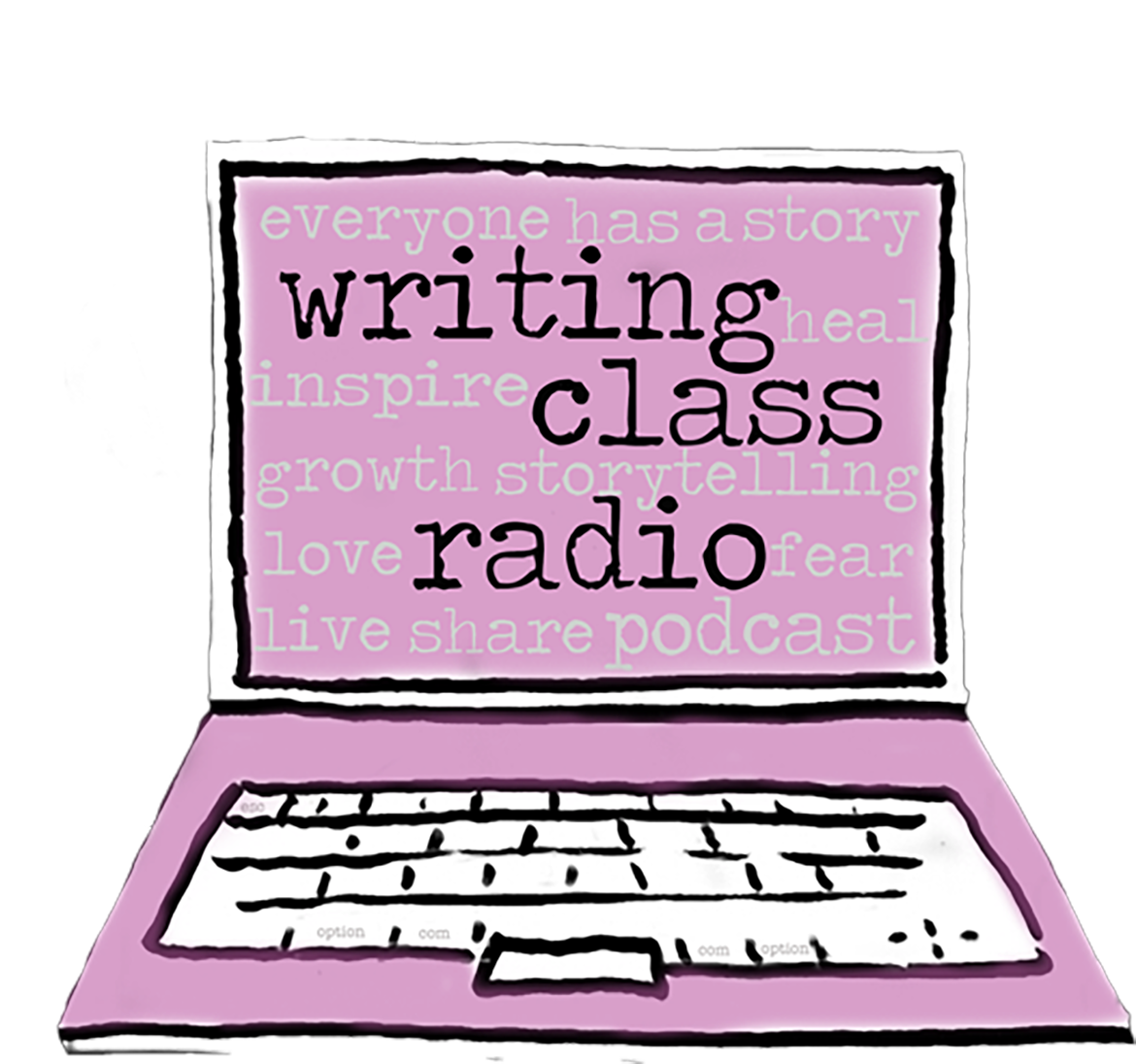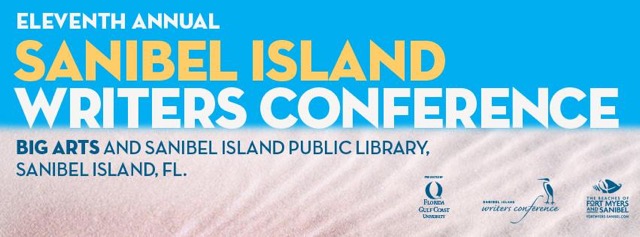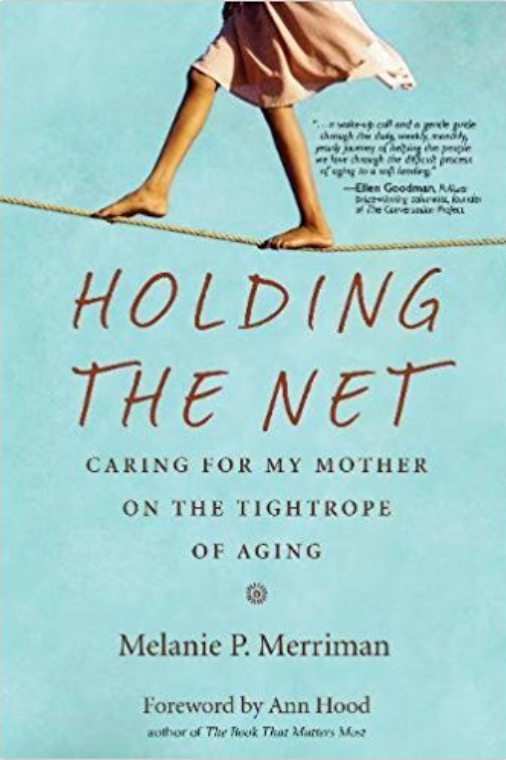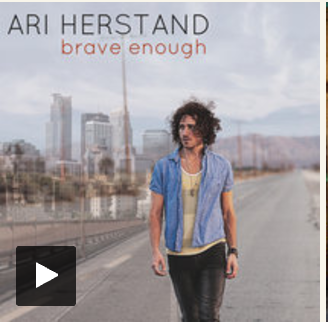
SEASON 7
Welcome to Season 7. For the next nine episodes, we will bring you stories every other week written by students and listeners. You will hear interviews with editors, authors and commentary by Andrea Askowitz and Allison Langer.
Ransom Everglades recent graduate Wesley Cusack wrote this essay about the challenges he faced in track and cross country and what he learned from not quitting.
Jenni Berrett reads her story called You Aren’t Lazy--You’re Just Terrified: On Paralysis and Perfectionism. Jenni is a columnist at Ravishly, which is an online magazine that celebrates the mess of being human. Now that’s a celebration. And it’s so relevant to all of us messy humans, especially the messy writers among us.
We also speak with Gabi Birkner, the editor and co-founder of Modern Loss and editor of a book with the same name. Gabi reveals her process of editing and publishing stories about death. She also speaks about working with writers who are often, not only writing about very difficult and personal topics, but also submitting stories for publication for the first time.
Writing Class Radio
Writing Class Radio is a podcast of a writing class. It is for people who love stories and who get inspired by hearing other people tell their stories and who want to learn a little bit about how to write their own stories.
There's no better way to understand ourselves and each other than by writing and telling our stories.
Everyone has a story. What's yours?


















